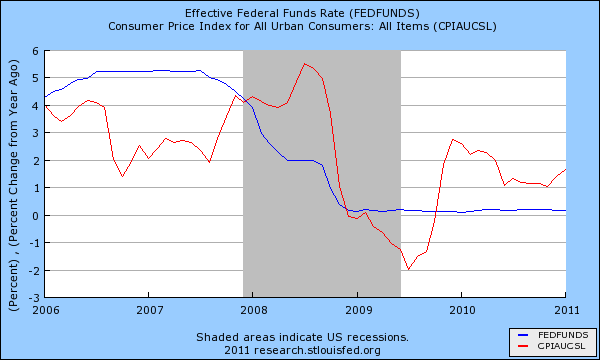The economy is not creating opportunities at the high end
Before she lost her job last November as a full-time health department caseworker in Aurora, Ill., Amy Valle was making $23 an hour. Now she's paid $10 an hour as a part-time assistant coordinator in an after-school program. "From here on out, it will be a struggle," says Valle, 32, whose husband lost his $50,000 government job and still is out of work after a year. "I don't feel like there's any place we can go to get what we were getting paid."
While the unemployment rate dropped to 9 percent in January, from a two-decade peak of 10.1 percent in October 2009, many of the jobs people are now taking don't match the pay, the hours, or the benefits of the 8.75 million positions that vanished in the recession, according to Paul Ashworth, chief U.S. economist at Capital Economics in Toronto.
This may restrain wage and salary growth, limiting gains in consumer spending, which accounts for 70 percent of the U.S. economy. The good jobs that would trigger a solid boost in spending just don't seem to be there. "In the last recovery we were adding management jobs at this point, and this time it's disappointing," says Ashworth, who published a report on Jan. 27 about pre- and post-slump employment based on U.S. Labor Dept. data. "The very best jobs, we're still losing those."
Read the ntire article
BEIJING (Reuters) – The Chinese government faces a turbulent time of domestic unrest and challenges from "hostile Western forces" that it will fight with more sophisticated controls, a Communist Party law-and-order official said.
Chen Jiping, deputy secretary general of the Communist Party's Political and Legal Affairs Committee, gave the toughly worded warning in this week's issue of Outlook Weekly, and blamed Western democratic countries for fomenting unrest.
He did not mention the protests that have rocked authoritarian governments in the Middle East, and his words reflect the Communist Party's own homegrown fears.
But the uprisings that deposed Egypt's long-time president Hosni Mubarak and are now threatening Libya's strongman Muammar Gaddafi are likely to reinforce the views of Chinese security officials like Chen.
"The schemes of some hostile Western forces attempting to Western and split us are intensifying, and they are waving the banner of defending rights to meddle in domestic conflicts and maliciously create all kinds of incidents," Chen told the magazine, which is published by the official Xinhua news agency.
"Mass incidents continue at a high rate," Chen said, using the Party euphemism for protests, riots, strikes and mass petitions.
"Our country is in a period of magnified conflicts within the populace, high crime rates and complex struggle against foes, and these features are most unlikely to change any time soon," he said. The magazine reached subscribers on Tuesday.
To counter such worries, Chinese leaders have promoted more of the stringent security steps that they brandished over the weekend, when police snuffed out feeble attempts to emulate the "Jasmine Revolution" street protests that have bloomed across the Middle East.
Chen said the government was honing policies to defuse and smother unrest and crime. Those policies include more monitoring of citizens to nip threats in the bud.
"That will include comprehensive roll-out of a social stability risk assessment system that covers major projects and policies that have a direct bearing on public interests," he said.
"Before decisions are made, there'll be a double assessment -- of their economic outcome and risks to social stability."
The Party Political and Legal Affairs Committee that Chen helps run oversees the courts, police and prosecutors. Chen is also a senior official of an office that develops and enforces anti-crime and domestic security policies.
The Communist Party already spends heavily on domestic security, and experts have said that budget now rivals spending on the military, crimping outlays for welfare.
Even most dissidents and other critics of China's one-party rule see scant prospect of serious challenges to it soon. Police regularly detain or confine dissidents at sensitive times.
In 2007, China had more than 80,000 "mass incidents," up from more than 60,000 in 2006, according to sociologists at the Chinese Academy of Social Sciences. More up to date estimates are not available, but some experts think improved welfare and the abolition of a hated tax on farmers have reduced the number.
(Reporting by Chris Buckley; Editing by Robert Birsel)





